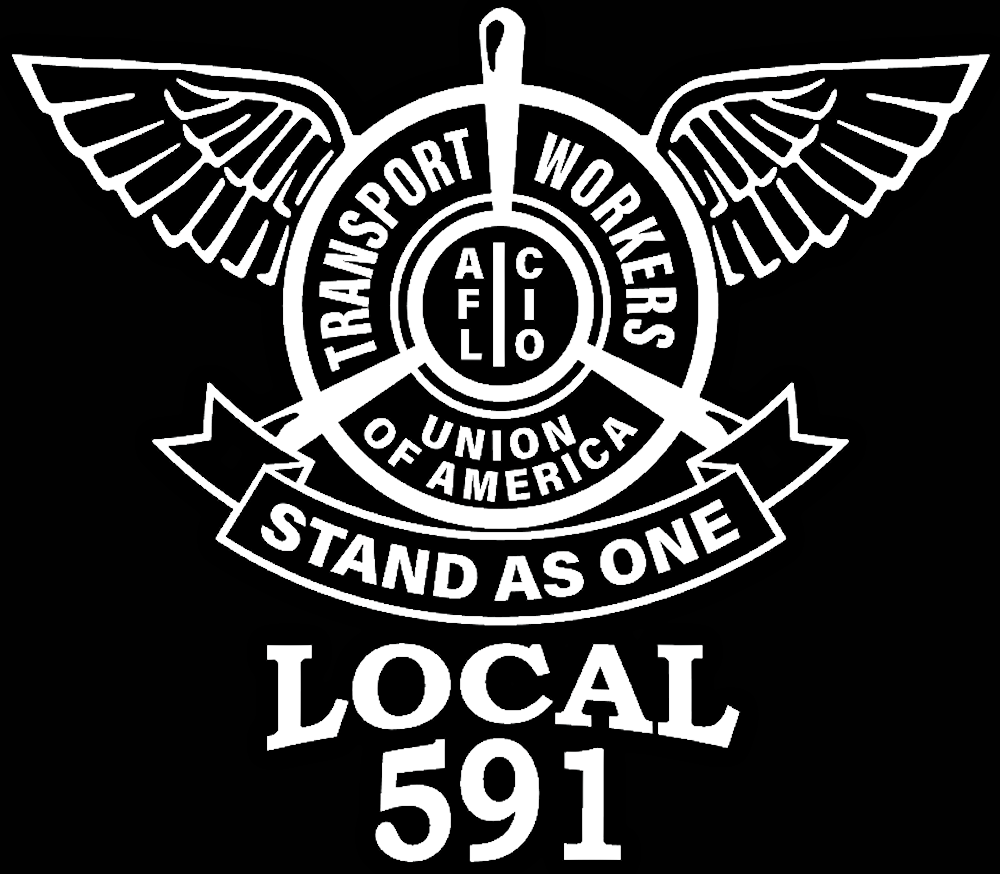|
|
|
|
|
|
| Member Resources |
|
|
|
|
|
|
|
|
|
|
| Member Resources |
|
|
|
|
|
|
|
|
TWU Local 591
1905 Stone Myers Parkway Grapevine, TX 76051 817-591-4290 |

|
